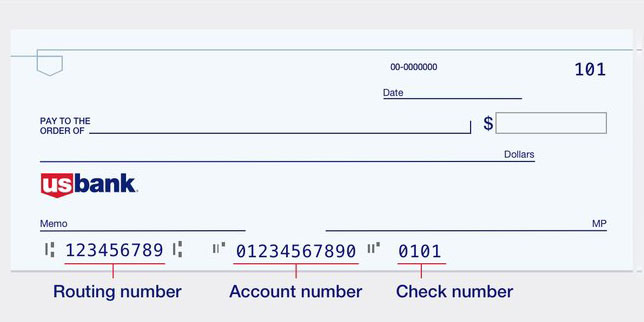What Is The Typical Veterinarian's Salary? How Much Do Veterans Make?
Increases in the number of persons interested in studying veterinary medicine are being seen around the globe. The number of people applying to study veterinary medicine increased by 19% in 2020, as reported by the Veterinary Network Infrastructure. One can quickly understand the allure. Caregiving for animals is a rewarding profession, which is why many individuals decide to return to school. However, veterinary school is costly, and the time commitment is considerable. It would be best if you thought about how much you can earn after finishing your degree to determine whether it is worth spending the time and money on your education.
What Do Veterinarians Make?
As with any profession, veterinary pay varies by location, years of experience, or whether you own your clinic. But whether you have a veterinary specialty and the sector you work in are other essential factors.
Starting Salary For Veterinarians

Veterinarian beginning wages will always be affected by the veterinarian's experience level. After all, the more experience you have in most fields, the greater your salary and benefits package will be. The Bureau of Labor Statistics reports that veterinarians, throughout the lowest 10 percent of the salary distribution, make an average of $60,690 per year. Comparatively, the median income of the lowest-earning quarter is a mere $78,920. Comparable trends may be observed in data from the American Veterinary Medical Association, which reports that the average salary for 2019 veterinary school graduates reached $70,045, up over $65,983 the year before.
Location
If we're talking about entry-level veterinary wages or those of vets with decades of experience, wherever you reside is a significant factor in your earning potential.
According to BLS statistics, for instance, the following states pay their veterinarians the most on average:
- The total in the nation's capital is $137,170.
- New Haven (CT): $134,050
- The cost of living in Rhode Island is $129,880 per year.
- For the state of New York, the sum is: $129,210
- Cost of living in New Jersey: $127,360
Veterinarians may earn competitive incomes in several major cities. The average salary for a veterinarian is $117,980 in the greater Houston region and $140,390 in the greater Bridgeport area. Typical veterinarian wages are also high in the following other major cities:
- California, San Francisco-Oakland-Hayward: $144,440
- A total of $141,670 in the San Jose-Sunnyvale-Santa Clara metro area
- $140,340 in Santa Rosa, California
- $136,340 in New York-Newark-Jersey City, NY-NJ-PA.
- $134,640 in Hartford, CT.
- The cost of Living in New Haven, CT, is $132,850
- Including the metropolitan areas of Arlington, Alexandria, Washington, D.C., Virginia, Maryland, and West Virginia, the total comes to $131,430.
You may have to settle for lesser pay if you choose to make your home in a region with low demand or a lower cost of living. For example, the average wage for a veterinarian inside the College Station, Texas, metropolitan region is $95,050, but in Manhattan, Kansas, that number is just $72,130.
Is It Worth It To Become A Vet?

If you have a soft spot in your heart for animal companions, veterinary practice may seem like a vocation. Typically, in-state students spend roughly $35,000 per year in course fees, whereas out-of-state students pay close to $55,000. You could quickly rack up a bill of almost $220,000 if you multiplied it by four and included it in all the other costs. Given the hefty expense, it's not surprising that most veterinary students take out loans to fund part of their tuition.
The American Veterinary Medical Association reports that the typical veterinary student graduates with a loan debt of about $150,000. However, some college grads may have a debt exceeding $400,000, which varies widely by major. Although, you may be able to pay off your student debts sooner if you work as a veterinarian because of the high salary you expect to earn. However, the decision to become a veterinarian should be based on how seriously you take the job.
Conclusion
Veterinarian salaries are all over the map, so it's wise to weigh the benefits of a veterinary degree against other career options before committing to one. Create a repayment strategy before taking out loans for veterinary school so that you'll be more financially stable after you graduate. The good news is that there is a global average income for veterinarians. To the best of our ability, we will respond to this inquiry. This begs the question, how much do veterinarians make in other countries? It's essential to remember that a veterinarian's compensation is influenced by many factors, including their experience level and the region where they practice. Pay increases with experience for veterinarians are a sure thing, so that's good news. For instance, the average income for a veterinarian with fewer than five years of experience is $72,000.








